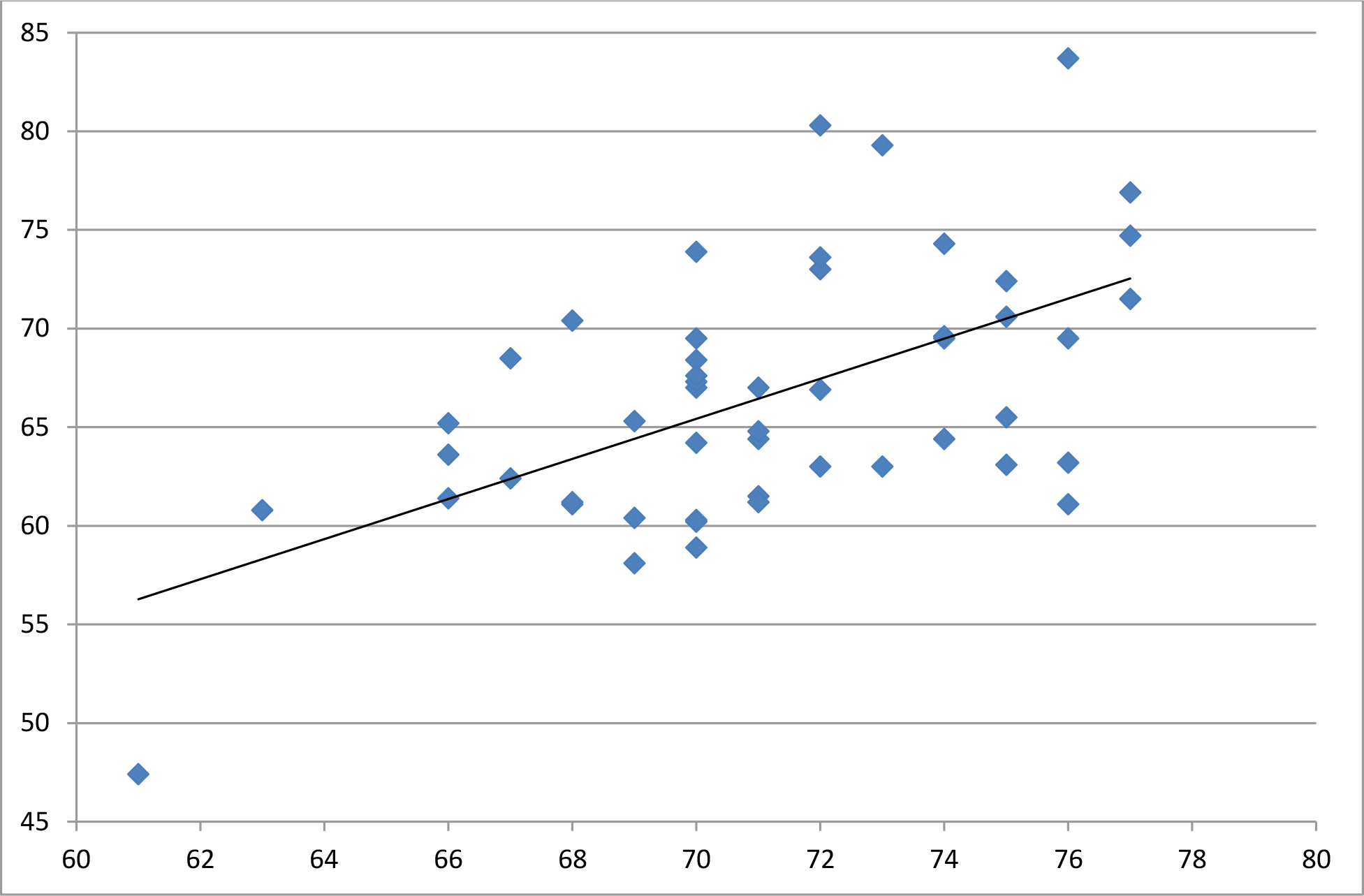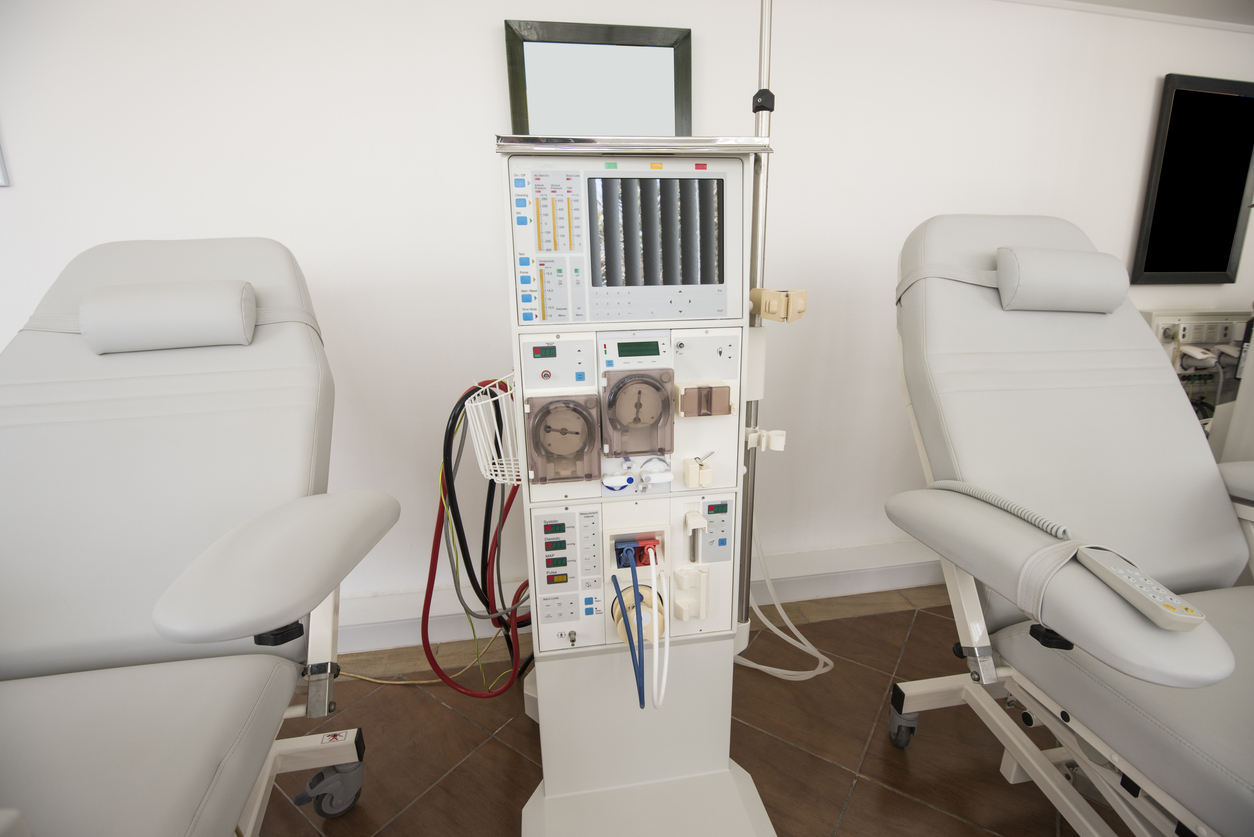DPC Submits Feedback to CMS on Proposed Additions to Dialysis Facility Compare Tool
The Centers for Medicare and Medicaid Services (CMS) recently announced plans to add more measures to their Dialysis Facility Compare (DFC). The DFC is an online tool that allows users to search and compare dialysis facilities within a certain area based on ratings and certain measures. The added measures would examine fluid management, the rate of blood stream infections in in-center hemodialysis patients and pediatric peritoneal dialysis adequacy. Data collected through the Consumer Assessment of Healthcare Providers & Systems In-Center Hemodialysis (CAHPS ICH) surveys would also be added to the DFC. DPC submitted comments to CMS supporting the addition of these measures [...]


